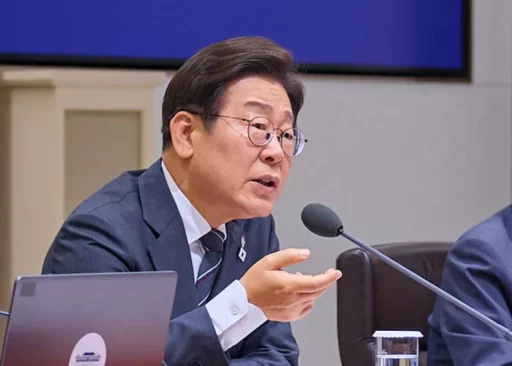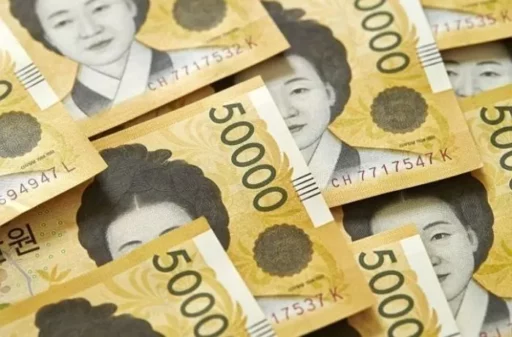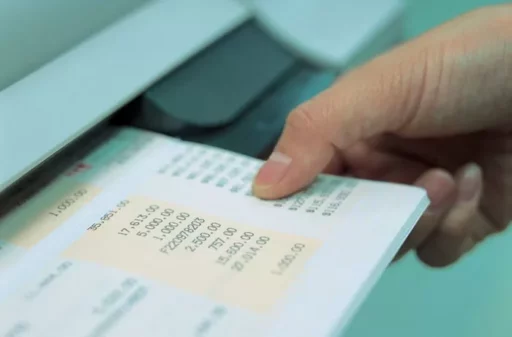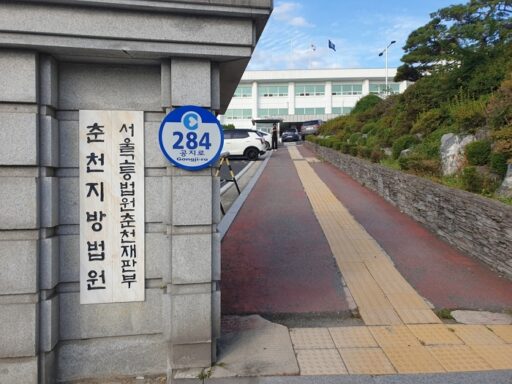Low-Income and Self-Employed Debt Relief of 22 Trillion Won… Concerns Over Financial Burden and Reverse Discrimination
As the Lee Jae-myung administration announced plans to implement a large-scale debt relief policy starting next year, reactions from both the political sphere and public opinion have been mixed.
Some supporters have expressed concerns, saying, "Isn't this unfair to those who diligently repay their debts?" Meanwhile, opposing factions have welcomed the policy, asserting, "This is a necessary measure that will help revitalize local businesses."
On the 19th, the government proposed a plan to cancel or reduce approximately 22.6 trillion won worth of debts for 1.13 million long-term delinquent debtors and about 100,000 low-income self-employed individuals. The Financial Services Commission plans to establish a separate debt adjustment entity (bad bank) under the Korea Asset Management Corporation, aiming to buy up unsecured claims under 50 million won that have been overdue for more than seven years and begin adjustment procedures.

For debtors with no repayment ability under 60% of the median income, debts will be fully canceled, while those with repayment capacity will have up to 80% of the principal reduced, with the remaining debt to be paid off in installments over ten years. To facilitate this, the government has allocated 400 billion won in the second supplementary budget and plans to secure a total of 800 billion won, including loans from the financial sector.
Debt adjustments for small business owners will also be implemented. About 101,000 low-income small business owners, whose total debt is under 100 million won and who fall below 60% of the median income, will have up to 90% of their overdue principal reduced using a 'fresh start fund.' The government expects this measure to address around 6.2 trillion won in debt and has earmarked an additional 700 billion won for this purpose.
Reactions from political parties following the policy announcement were divided. The Democratic Party of Korea positively evaluated it as part of "restoring the social safety net," while some opposition members criticized it, saying, "It may encourage moral hazard."
Opposing voices were also heard among supporters of President Lee Jae-myung.

In fan cafes and social media communities associated with the president, comments such as "If you incur that kind of debt, you should close your business and find another job," "Reducing interest is acceptable, but forgiving principal is reverse discrimination," and "What about those who diligently paid off their debts?" proliferated.
However, among those who supported Kim Mun-soo in the last presidential election, responses included, "Candidate Kim Mun-soo also said we should help those struggling with debt," "There are many who can't manage the debts they incurred during COVID," and "Saving those without money is also an 'investment.'" This reflects the polarized views on this issue.
"Without Structural Reforms, a Vicious Cycle Will Repeat" … Concerns Over Effectiveness Persist
Some experts argue that for this policy to be effective long-term, structural reforms across employment, welfare, and finance must accompany it. Similar debt adjustments were implemented by previous governments, but those often led to a cycle of temporary debt reduction followed by re-indebtedness.
The average household credit loan amount for the bottom 20% of income earners was 1.83 million won during the Park Geun-hye administration, decreased to 1.26 million won at the beginning of the Moon Jae-in administration in 2018, but rose again to 2.04 million won in 2022. Under the Yoon Suk-yeol administration, it was reduced to 1.94 million won with the ‘fresh start fund,’ but remains high compared to ten years ago.

The delinquency rate among vulnerable self-employed individuals is also concerning. According to a report from the Bank of Korea, the delinquency rate, which was 7.4% in the first quarter of 2020, dropped to the 4% range in 2022 but surpassed 8% in 2023, reaching over 11% as of the third quarter of 2024. The report notes, "Due to the impacts of financial tightening and poor performance in the service sector, the delinquency rate among low-income and low-credit self-employed individuals is rising rapidly."
This year, the number of low-credit self-employed individuals (those with low credit ratings) increased by 32,000, and low-income self-employed individuals grew by 15,000. The fact that these vulnerable borrowers account for over 20% of all self-employed debtors serves as a pressing factor for the government to pursue structural reforms.
Image source: President Lee Jae-myung / News1, image unrelated to the article / gettyimagesbank


